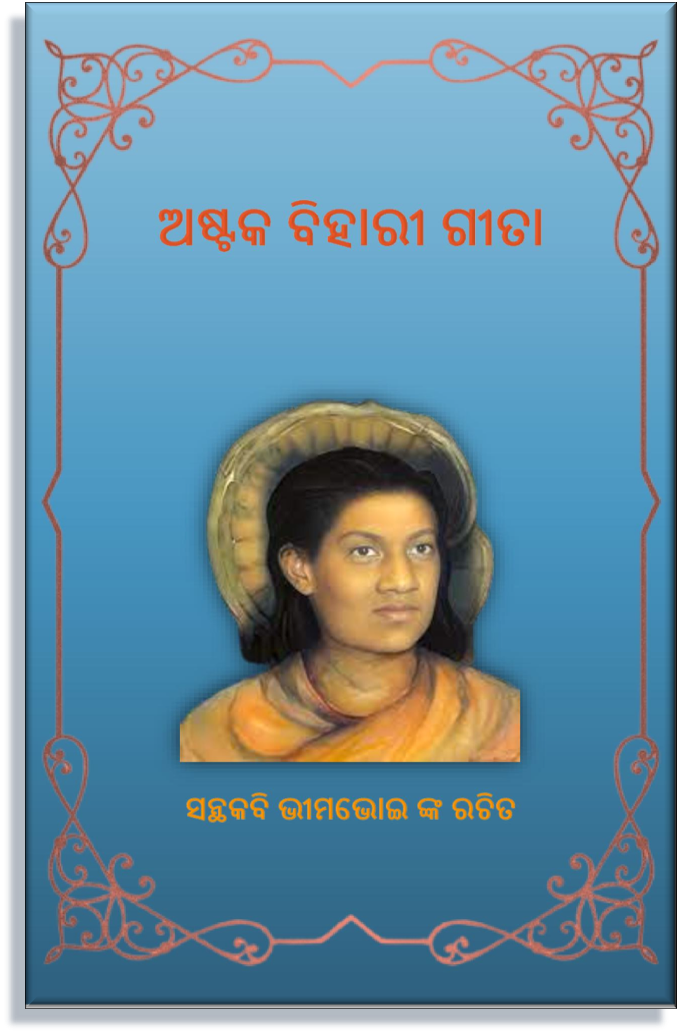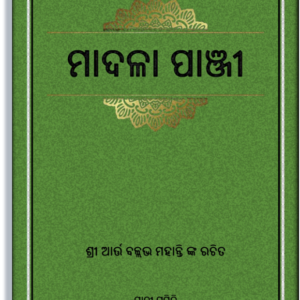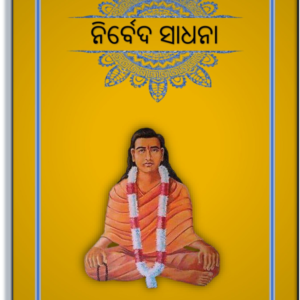Understanding Alekha Mahima
Alekha Mahima, as articulated by Santhakabi Bhima Bhoi, emerges as a profound philosophical concept that delves into the intricacies of existence and destiny. This notion speaks to the ‘unwritten glory’ or the inherent value in the existence of every individual, transcending the limitations of written records or societal acknowledgment. Bhima Bhoi’s exploration of Alekha Mahima invites readers into a realm where the understanding of one’s purpose and identity is not confined to external validations but is deeply rooted in one’s own consciousness and experiences.
Historically, Bhima Bhoi was writing during a period marked by significant socio-cultural transformations in Odisha. The socio-religious landscape was evolving, with movements striving for equality and self-awareness among marginalized communities. Alekha Mahima represents a counter-narrative to societal constraints, advocating for an inner enlightenment that resists external definitions. His poetry embodies a fusion of personal introspection and collective identity, reflecting the struggles and aspirations of his contemporaries. Through this lens, it emphasizes the relationship between individual existence and universal truths, urging individuals to seek their own paths in life.
Furthermore, the relevance of Alekha Mahima extends beyond the confines of philosophy into the realm of spirituality. It resonates with the broader socio-cultural movements of Bhima Bhoi’s time, which sought to uplift the disenfranchised while promoting a greater understanding of the human condition. The concept encourages an appreciation for destinies written by life itself rather than those inscribed by others, thus capturing the essence of self-determination and inner strength. Bhima Bhoi’s poetic journey serves as an enlightening exploration of how Alekha Mahima can inspire individuals to realize their innate potential in the face of existential challenges.
The Philosophy of Shunyabad
The philosophy of Shunyabad, as explored in Santhakabi Bhima Bhoi’s e-book, represents a profound perspective rooted in Indian philosophical traditions. At its core, Shunyabad articulates the concept of emptiness or void, suggesting a reality that transcends conventional understanding. This void is not merely an absence; it embodies a space of potentiality and truth, urging individuals to seek meaning beyond surface appearances. Bhima Bhoi’s interpretation of Shunyabad draws upon ancient texts and schools of thought, positioning it as a critical framework for contemplating existence and human experience.
Shunyabad finds its connections with Alekha Mahima, another significant concept in Bhima Bhoi’s oeuvre. While Alekha Mahima emphasizes the ineffable and the unrepresentable aspects of reality, Shunyabad complements it by allowing an exploration of the void as a fertile ground for creative and existential inquiry. Together, they encourage individuals to confront their own beliefs and experiences, prompting a re-evaluation of what constitutes reality and knowledge. Bhima Bhoi’s literary works often serve as a canvas where these philosophical interactions unfold, fostering an understanding that goes beyond mere abstraction.
The significance of Shunyabad extends into contemporary discussions about the nature of existence and the quest for meaning in a profoundly interconnected world. The idea posits that an understanding of emptiness can lead to liberation from material attachments and societal constructs. In this light, Shunyabad is not only a philosophical stance but a transformative practice, inviting individuals to engage in self-reflection and seek deeper truths about their lives. By analyzing the undercurrents of Shunyabad, readers can appreciate its enduring relevance, encouraging a dialogue that links ancient wisdom with modern existential questions.







Reviews
There are no reviews yet.